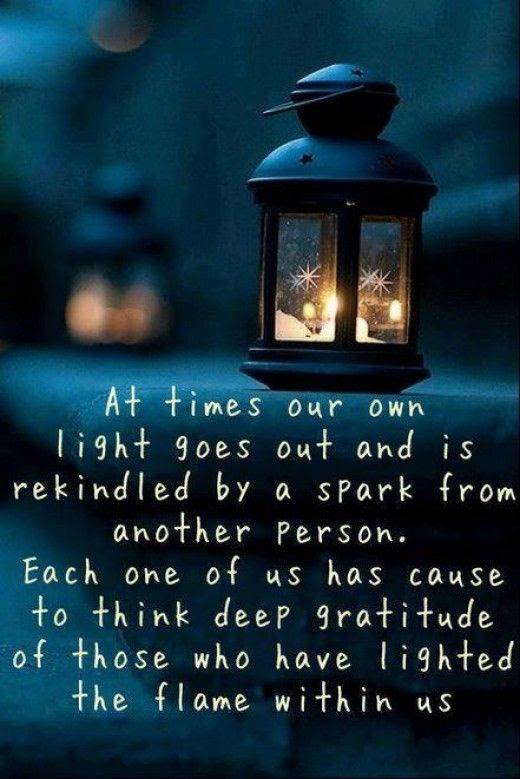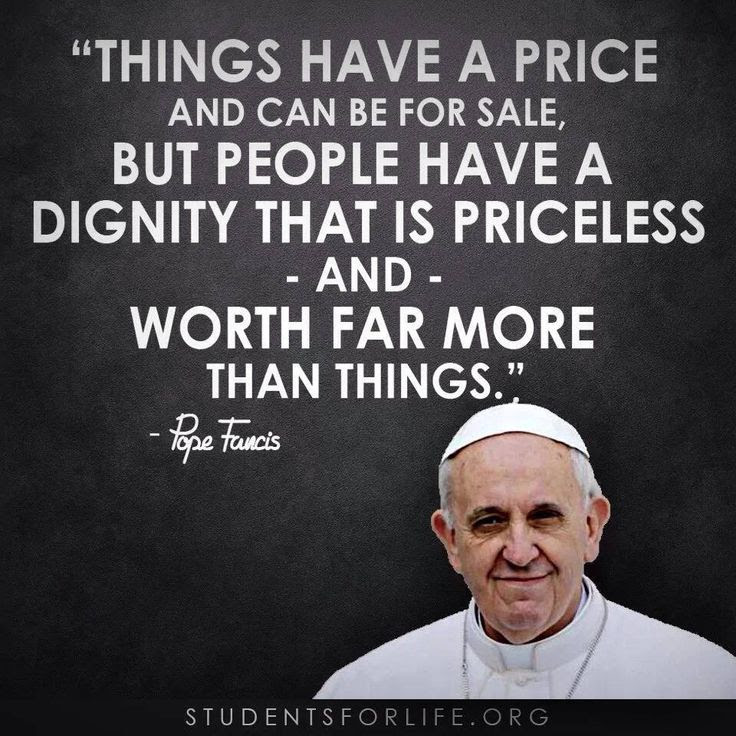One month after Mychal
Judge's body was pulled from the shattered lobby of 1 World Trade
Center, and three weeks after his televised funeral, some of the friar's
friends decided to hold a smaller memorial evening of Celtic music and
storytelling. Priests, nuns, lawyers, cops, firefighters, homeless
people, rock-and-rollers, recovering alcoholics, local politicians, and
middle-aged couples from the suburbs all streamed into the Good Shepherd
Chapel on Ninth Avenue. Pete Hamill read one of his columns from the Daily News,
the Irish band Morning Star played jigs and reels, and Malachy McCourt
-- actor, author, and irrepressible raconteur -- stationed himself by
the altar, briskly moving things along as emcee. The crowd was so
motley, so colorful, it looked like the setup to a joke. (A priest, a lawyer, and an Irishman walk into a bar...)
Most of the mourners had no idea that Judge whirled through
the city in so many different orbits, even though he had an
extraordinarily high profile as one of five chaplains of the New York
City Fire Department. Most also had no idea why they were commemorating a
Catholic priest in an Episcopal church, until one of the event's
organizers explained that this was where Judge used to go for AA
meetings -- the other cornerstone of his spiritual life, besides the
church -- and therefore had a very special significance to him.
"Only Father Mychal could get a room like this together,"
said Joe Hartnett, an electrician and father of five from New Jersey,
when he took his turn at the altar to speak. Judge had been a pastor at
Hartnett's parish in East Rutherford when he was a teenager. "I mean, I
see firemen, policemen, recovering alcoholics, and people who are -- uh,
here's a word I don't use very often -- gay."
And yet this was precisely who Mychal Judge was: a devout,
gay, recovering-alcoholic Catholic priest, a fabled New York figure who
had a knack for telling great stories and would burst into old Irish
standards at the drop of a hat. (His rendition of "Frankie and Johnny"
was a legendary crowd-pleaser; by verse three, he'd have his
handkerchief out, pretending to weep.) Judge had a Clintonian talent for
making people feel as though they were the only ones in the room and a
bartender's gift for bringing strangers together. Like this crowd.
"I didn't know anything about his other side," Hartnett said
later, after the service. "I just knew what a great guy he was and how
he always gave people the time of day. He was everybody's priest."
Perhaps the first wisp of real
poetry to emerge from the devastation of the World Trade Center was the
tale of Mychal Judge's death. Within hours of the collapse, a story
began circulating that he'd been hit by falling debris when he took his
helmet off to give last rites to a firefighter, a man who himself had
been crushed by someone who'd jumped from Tower One.
Seven weeks later, it seems that the story is at least partly
myth, though perhaps a myth necessary to the demands of the day. For
one thing, Judge's body was found in the lobby of Tower One, not on the
sidewalk outside. For another, one of the firefighters who carried Judge
out of the building, Christian Waugh, says he saw the chaplain standing
upright by the emergency command post just seconds before they and
scores of others got caught in a monsoon of rubble. "I'm assuming he
gave last rites to the guy in Company 216 and then ran into the lobby," says Waugh. "Because I was with him in that lobby. He was standing right there, a few feet away from me."
But it's understandable how the myth bloomed. Those who knew
Judge -- and he knew hundreds, if not thousands, of people -- wanted him
to die gorgeously and aptly, in a way that expressed the depth of his
faith. It was how they imagined him. Such a death suited a legend.
As it happens, the unembellished story of Mychal Judge's
death is just as moving -- and an even more telling tribute to the
chaplain, as well as to the men he served.
"There's a very old postcard of
a giant Jesus looking in the window of the Empire State Building in
those long, long robes," says McCourt, in a brogue as thick as potatoes.
"And that was Mike Judge in New York. He was everywhere. Over the city.
And ooohhh, how good it was to know he was there."
Judge was gregarious, mischievous, a luminous presence; he
thrived on movement and kept a preposterous schedule, as if he'd found a
wormhole beneath the friary on West 31st Street that allowed him to be
in six places at once. On any given evening, he might be baptizing a
fireman's child, ministering to an aids patient, or listening to Black
47, a Celtic rock band that had a regular gig at Connolly's on West 47th
Street. Judge got 30 to 40 messages a day on his answering machine.
Every six months, he'd wear another machine out.
"He was the busiest person alive," says Joe Falco, a
firefighter with Engine 1-Ladder 24, the company across the street from
Judge's home. "He'd come back at all hours of the morning, blowing his
siren so we could park his car. No one knew how he did it. No one
understood how he maintained his energy."
The firemen loved him. He had an encyclopedic memory for
their family members' names, birthdays, and passions; he frequently gave
them whimsical presents. Once, after visiting President Clinton in
Washington, he handed out cocktail napkins emblazoned with the
presidential seal. He'd managed to stuff dozens of them into his habit
before leaving the White House.
"I would break his chops constantly," says Falco. "I wouldn't
treat him like a priest. I'd treat him like any other guy. It wasn't a
priest-parishioner relationship. It was . . . you know, man to man. He'd
help guys out with their marital problems. With every problem, big or
small. You could go to him."
Obviously, Mychal Judge was not what one might call a
conventional priest. But he was, arguably, a typical New York Franciscan
-- earthy, streetwise, thoroughly engaged with the characters and chaos
of the city. If times required it, Judge would hold Mass in the most
unlikely places, including firehouses and Pennsylvania Station. This
drove certain literalists in the clergy crazy, but no matter -- Judge
pressed on. (To one of his antagonists, a certain monsignor in the
chancellery who frequently phoned to admonish him, Judge once said: "If
I've ever done anything to embarrass or hurt the church I love so much,
you can burn me at the stake in front of St. Patrick's.")
The other pillar of Judge's spiritual philosophy was
Alcoholics Anonymous. Once, at the White House, he told Bill Clinton
that he believed the founders of AA had done more for humanity than
Mother Teresa. "He was a great comfort to those with troubles with the
drink," says McCourt, who usually saw Judge twice a month at AA. "He'd
always say, 'You're not a bad person -- you have a disease that makes
you think you're a bad person, and it's going to fuck you up.' "
McCourt pauses a moment. "He had no compunction about language. Not with
me, anyway."
Back in the early eighties, Judge was one of the first
members of the clergy to minister to young gay men with aids, doing
their funeral Masses and consoling their partners and family members. He
opened the doors of St. Francis of Assisi Church when Dignity, a gay
Catholic organization, needed a home for its aids ministry, and he later
ran an aids program at St. Francis. Last year, he marched in the first
gay-inclusive St. Patrick's Day parade, which his friend Brendan Fay, a
gay activist, organized in Queens.
Cardinal O'Connor wasn't exactly a fan. "I heard that if Mike
got any money from the right wing," says McCourt, "he'd give it to the
gay organizations. I don't know if that's true, but that's his humor,
for sure."
Perhaps the most unusual thing about Judge was how
simultaneously New York and un-New York he seemed. Judge's roots in this
city ran deep -- he was born here and raised here -- and he knew
everyone, from the homeless to the mayor. But he lived on an entirely
different plane of priorities from that inhabited by most New Yorkers.
He was nonacquisitive, unselfish, and uncomplaining. "Once in a while,"
his friend Michael Duffy, a friar from Philadelphia, said in his homily
for Judge, "he would say to me, 'Michael Duffy' -- he always called me
by my full name -- 'Michael Duffy, you know what I need?' And I would
get excited because it was hard to buy him a present or anything. I
said, 'No, what?'
"'You know what I really need?'
"'No, what, Mike?'
"'Absolutely nothing. I don't need a thing in the world. I am the happiest man on the face of the earth.'"













 (
(